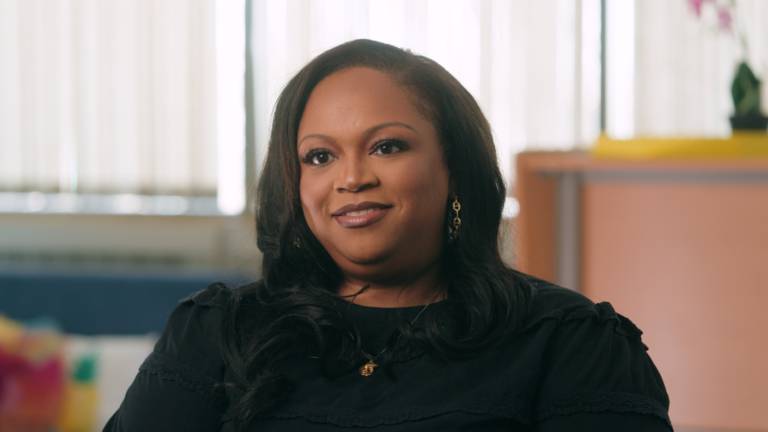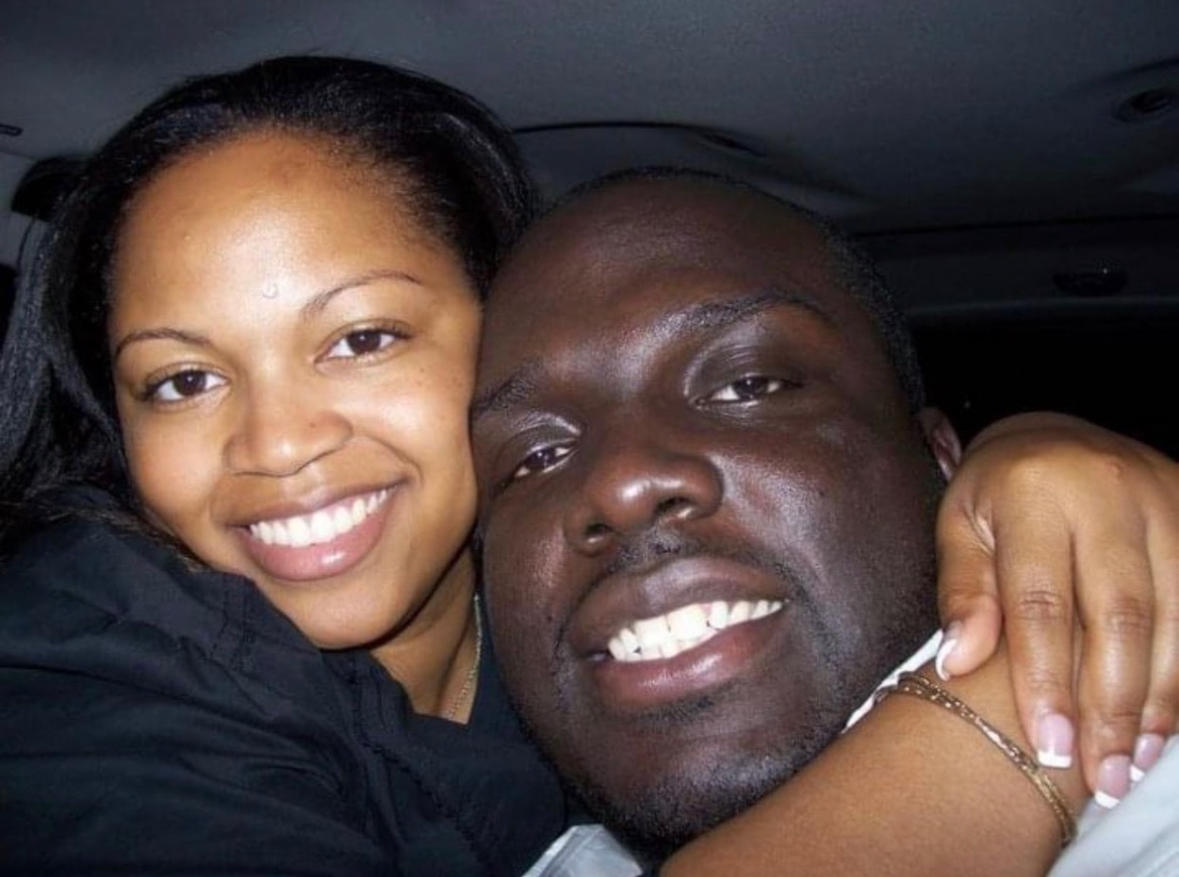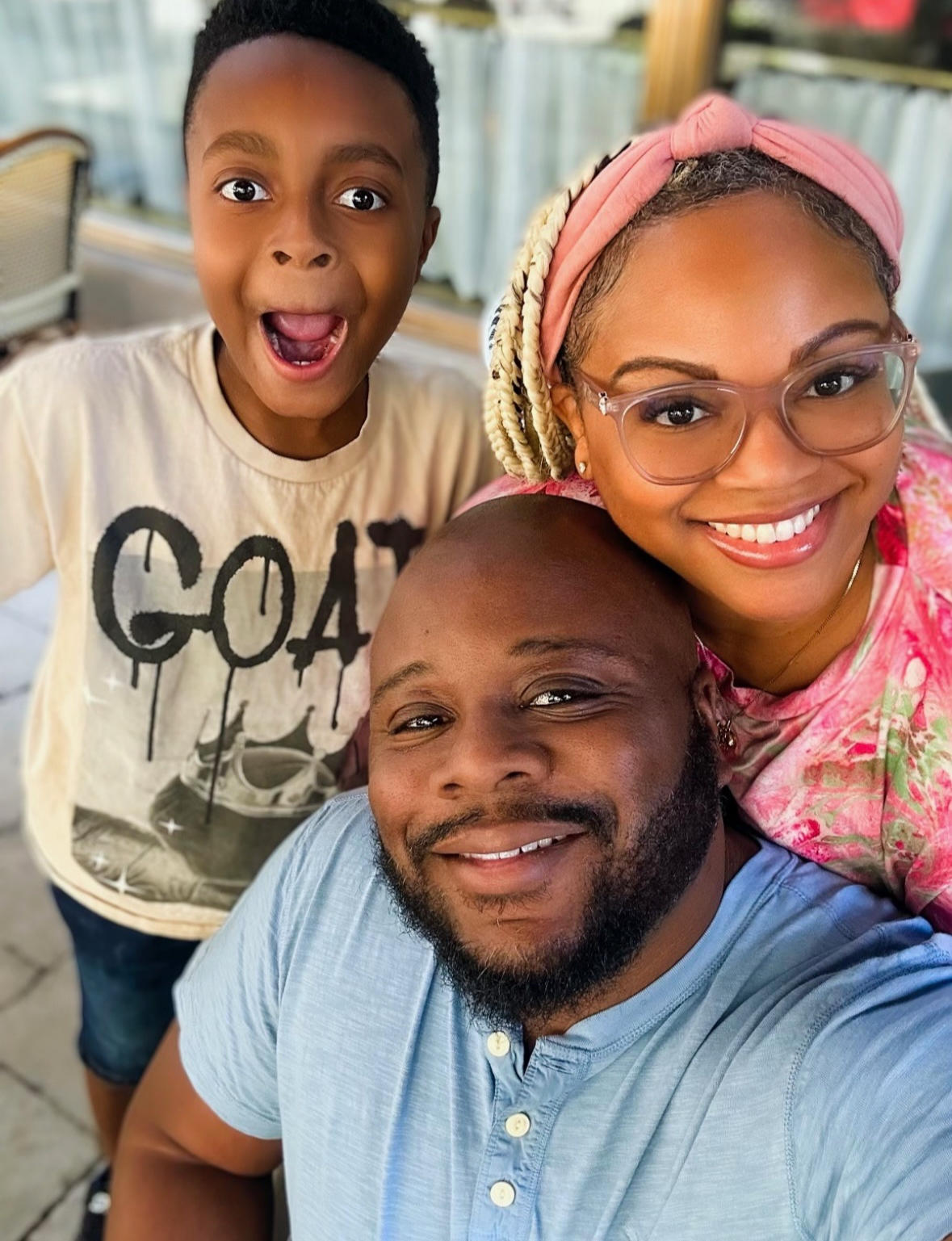Brittany Freeman-Anderson, PsyD ’23, LPC, ACS, breaks down cultural and financial barriers at her clinic helping to make a positive impact in her community.
Dr. Brittany Freeman-Anderson’s journey into mental health counseling began at a young age, shaped by her upbringing in Chicago. This drive to serve others and make a positive difference was only strengthened by a deeply personal experience with loss.
Her grief journey profoundly shaped her approach to therapy, making her a skilled practitioner who deeply connects with her clients’ emotional struggles. It led her to pursue a Doctor of Psychology at Walden University, where she honed her ability to innovate in the mental health field and lead an organization focused on social change.
Now, as CEO of A Freeman’s Place Counseling in New Jersey, Dr. Freeman-Anderson leads a clinic dedicated to providing accessible mental health care to underserved communities, with a focus on creating spaces where individuals feel understood, supported and empowered to heal.
Grief as a Catalyst for Compassionate Care
Dr. Freeman-Anderson’s personal experiences with grief have been pivotal in shaping her approach to therapy and her commitment to helping others heal. Over the course of a few years, Dr. Freeman-Anderson faced the devastating loss of her grandmother, father, mother and husband. “I call it the grief trifecta,” she reflects, “where I lost my parents and my late husband. It was very tremendous back-to-back grief and loss.”
These profound personal losses have given Dr. Freeman-Anderson a unique perspective on grief, one that is rooted in authenticity and empathy. She believes that her journey through grief allows her to connect with clients in a way that goes beyond professional expertise. “Anytime I show up in a room, I want them to feel and understand that I’m not just talking at you about grief and loss. I have my own experience with it,” she says. “Because I have my own experience with it, I hope it will help you to move through your healing journey a little bit smoother than if you just had someone that specialized in grief and never went through it.”
Improving Access to Mental Health Care
One of Dr. Freeman-Anderson’s biggest challenges is making mental health care affordable and accessible. “Insurance can be a huge barrier for people seeking help,” she says. “For some people, insurance is affordable, but for others, the deductibles and out-of-pocket costs are extremely high.”
To combat this, A Freeman’s Place Counseling offers a sliding scale payment system and therapy through pre-licensed professionals at a low rate, making care more accessible. “My goal is to make sure no one is turned away because of their ability to pay.”
As a Black woman, Dr. Freeman-Anderson understands the cultural challenges. “There’s been a lot of generational traumas, and for many in the Black community, mental health has always been a taboo subject,” she says. “But over the past decade, more minorities are recognizing the need for therapy and seeking help. It’s important to create a space where they feel understood and supported.”
Teaching Clients How to be Human
Dr. Freeman-Anderson’s therapy approach focuses on teaching clients practical, everyday skills that they can apply outside of sessions. “I’m not just a therapist; I’m a teacher,” she says. Using techniques like Dialectical Behavioral Therapy (DBT), which focuses on mindfulness and emotional regulation, Dr. Freeman-Anderson helps clients manage their emotions and behaviors.
“It's about teaching people how to be human. For example, if someone is feeling depressed and wants to stay in bed all day, I’ll suggest sitting up in bed, then moving to the side of the bed, and eventually getting out of the room. These small, practical steps can help improve the moment and make them feel better,” she says.
This practical approach empowers clients to make lasting changes and find their own paths to healing.
From behavioral and mental health specialists to physicians, nurses and social workers, learn how Adtalem’s institutions turn their educations into Degrees of Impact.
For more information, email the Adtalem Global Communications Team: adtalemmedia@adtalem.com.






